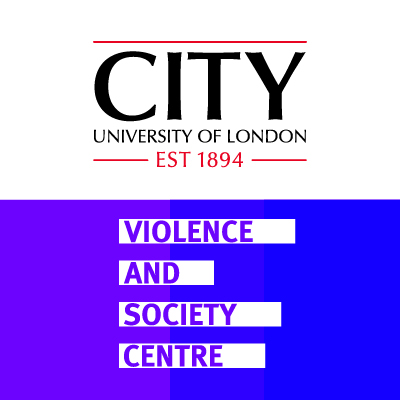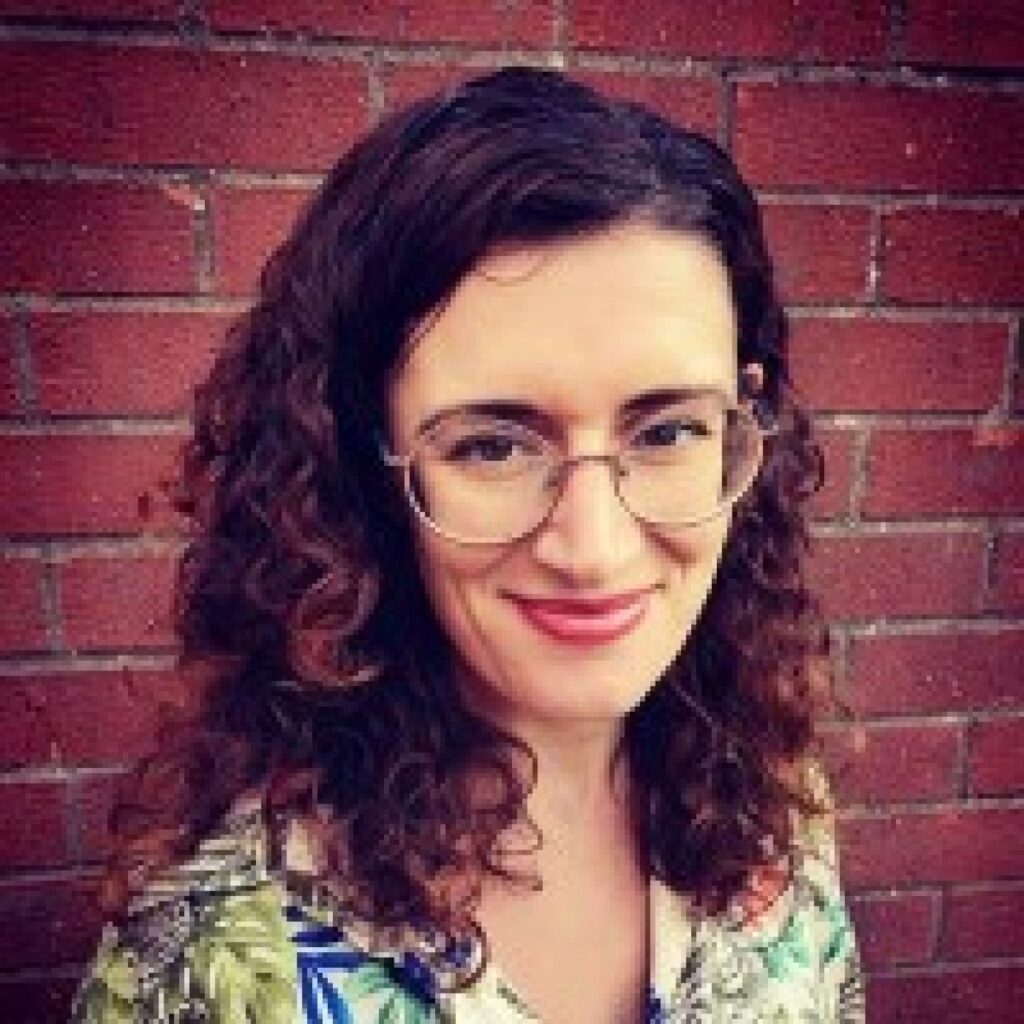Violence is a major public health issue. Moreover, there is evidence that violence is significantly related to social inequality. Existing studies have found links between violence and gender, ethnicity, place of residence and socioeconomic status.
Although economic globalization impacts trade, goods, and services, the movement of people has been increasingly restricted since the 1990s. The number of people globally who live with insecure migration status is difficult to estimate, but includes people worldwide undertaking irregular journeys and crossing international borders without authorization, people living without the correct immigration documentation, and people in temporary or dependent statuses in destination countries.
The global movement of people in the context of strict immigration laws and policies places significant numbers of people in insecure migration status worldwide. Insecure status leaves people without recourse to legal, governmental or social protection from violence and abuse.
This review synthesized qualitative studies that reported how migrants associated physical and physically enforced sexual violence they experienced with their insecure migration status. VISION researchers, Andri Innes, Annie Bunce, Hannah Manzur, and Natalia V. Lewis, generated robust qualitative evidence showing that women experienced sexual violence while in transit or without status in a host state, and that they associated that violence with their insecure migration status. This was the case across the various geographic routes and destination countries.
They found evidence that women associated intimate partner violence with lacking (legal) access to support because of their insecure migration status. Women connected their unwillingness to leave violent circumstances, and therefore their prolonged or repeated exposure to violence, with a fear of immigration removal produced by their insecure migration status.
To protect people in insecure migration status from experiencing violence that they associated with their migration status, it’s necessary to ensure that the reporting of violence does not lead to immigration enforcement consequences for the victim.
To download the paper: Experiences of violence while in insecure migration status: a qualitative evidence synthesis | Globalization and Health | Full Text
To cite: Innes, A., Bunce, A., Manzur, H. et al. Experiences of violence while in insecure migration status: a qualitative evidence synthesis. Global Health 20, 83 (2024). https://doi.org/10.1186/s12992-024-01085-1
For further information, please contact Andri at alexandria.innes@city.ac.uk
Photograph from Adobe Photo Stock subscription

